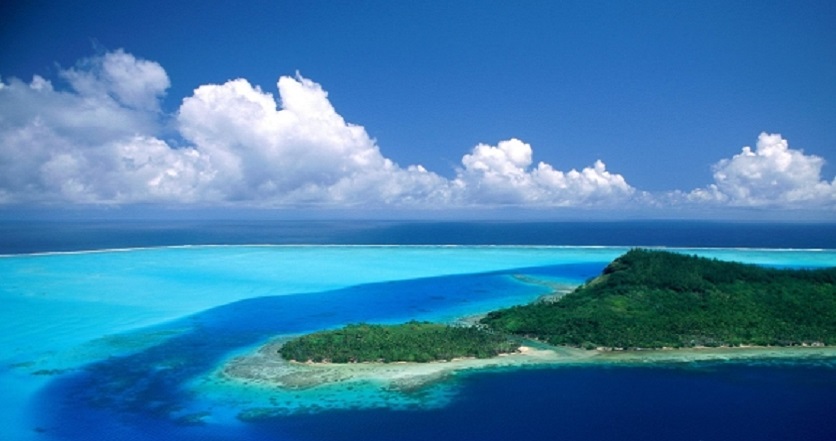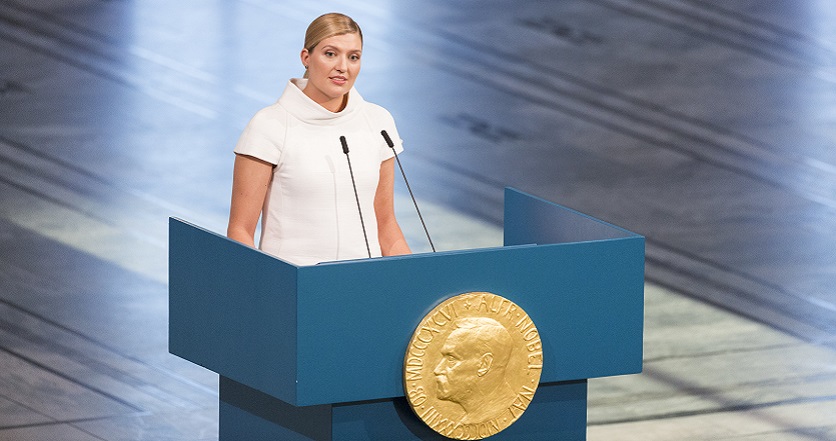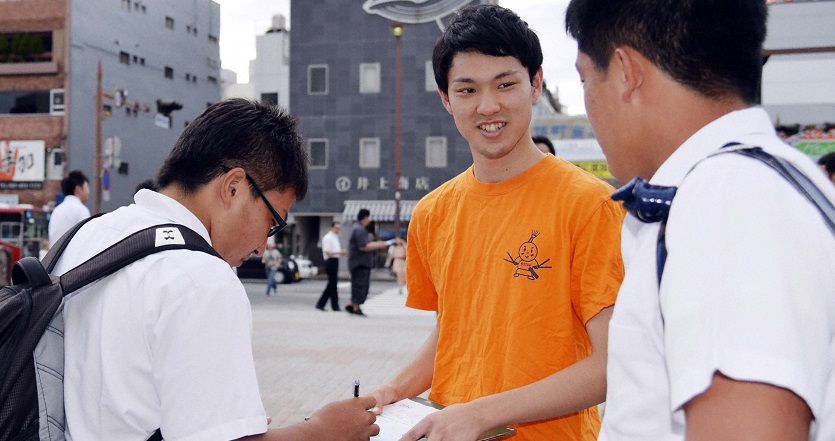Dignity, Security and a World Free of Nuclear Weapons
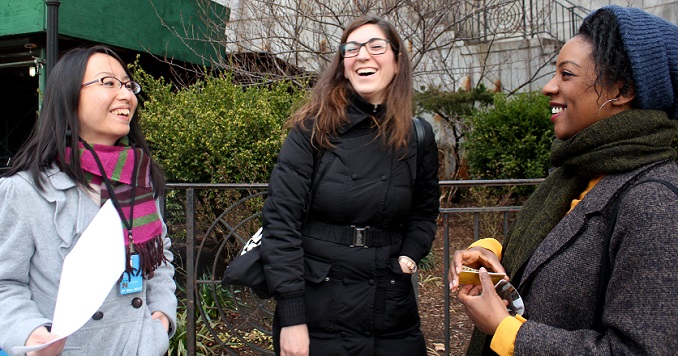
Anna Ikeda of the SGI Office for UN Affairs looks at how the SGI’s work for nuclear abolition is rooted in inner change and a respect for human dignity.
Second Soka Gakkai President Josei Toda’s impassioned appeal against nuclear weapons in 1957, calling out to expose “the claws that lie hidden in the very depths of such weapons,” has become the cornerstone and foundation of the SGI (Soka Gakkai International)’s peace activities, especially in the arena of nuclear abolition.
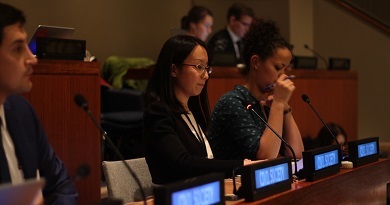
Working in the world of disarmament, which can be overwhelmingly technical and often framed in realism and power politics, I am thankful that the SGI’s work in disarmament is grounded in philosophy at the level of human life—a philosophy of inner transformation rooted in respect for the dignity of life. I believe one of the unique contributions we can make as a Buddhist organization is to provide this moral stance on nuclear weapons and our conviction that the surest way to abolish nuclear weapons is by inspiring deep respect for life in each person’s heart.
It is with this conviction that the SGI promotes the importance of disarmament education in the UN. We have also worked with other faith and religious groups through the coalition Faith Communities Concerned About Nuclear Weapons to issue joint statements at various UN conferences.
In 2017, the Treaty on the Prohibition of Nuclear Weapons (TPNW) was adopted, and in January 2021, it entered into force. What drove this process was the initiative to shift the discourse from centering around national security and deterrence to a focus on the humanitarian consequences of nuclear weapons—human suffering and irreversible environmental devastation. The SGI worked with other civil society organizations, particularly as a partner of the International Campaign to Abolish Nuclear Weapons (ICAN), toward the treaty’s early entry into force.
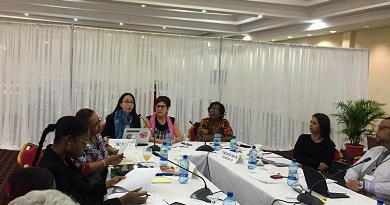
As an example, at ICAN’s request we took the lead in advocacy in the Caribbean, working closely with the Caribbean Community countries to support their progress toward signing and ratifying the treaty. Concretely, that means keeping those countries informed through phone calls, emails and meetings. We found there was a lot of support for nuclear disarmament, though this could be curtailed by competing priorities within each country and limits on resources and capacity.
In June 2019, the government of Guyana and ICAN in partnership with the SGI jointly convened a regional forum on the TPNW, bringing together experts to take stock of the treaty from a regional perspective and to canvass support for it. Following this the number of signatories and ratifications in the region increased substantially.
What gives legitimacy and substance to our work for nuclear disarmament at the UN and other international fora are awareness-raising activities conducted by Soka Gakkai members around the world at the grassroots level. I am always inspired by reading reports of activities like the film screenings conducted by the Soka Gakkai Women’s Peace Committee in Japan. Such reports provide us with concrete examples of how ordinary people can become protagonists for nuclear abolition, which I bring back to the UN.
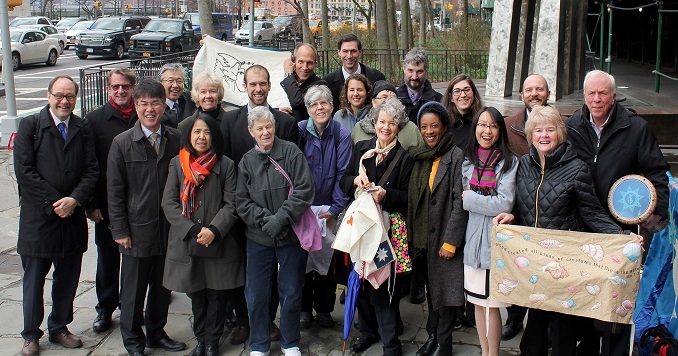
In 2020, which marked the 75th anniversary of the atomic bombings of Hiroshima and Nagasaki, the world was confronted with the new global crisis of COVID-19. Many UN activities have been impacted, however, the momentum toward abolishing nuclear weapons hasn’t slowed down.
The pandemic has highlighted humanity’s interconnectedness and has provided us an opportunity to reflect on whether our current notion of security—as represented by the massive stockpiles of nuclear weapons around the world—really makes us safe. I am deepening my determination at this time to work harder to help actualize a world free of nuclear weapons, heeding the call of the hibakusha, who survived atomic bombings and nuclear weapon tests, and the vision of the Soka Gakkai’s three founding presidents for a world of peace and human dignity.





